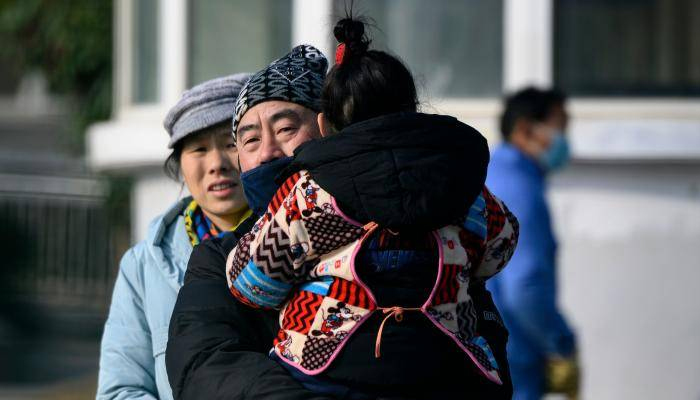China pneumonia outbreak: First case of new SARS family virus found in Thailand, says WHO
WHO says a person travelling from Wuhan, China, had been hospitalised in Thailand on January 8 after being diagnosed with mild pneumonia
January 13, 2020

GENEVA: The World Health Organization confirmed Monday the first case in Thailand of a new virus from the same family as SARS that is behind a Chinese pneumonia outbreak.
The UN health agency said a person travelling from Wuhan, China, had been hospitalised in Thailand on January 8 after being diagnosed with mild pneumonia.
"Laboratory testing subsequently confirmed that the novel coronavirus was the cause," WHO spokesman Tarik Jasarevic told AFP in an email, referring to the new virus.
WHO said it might soon host an emergency meeting on the spread of the new virus.
The case marks the first outside of China, where 41 people with pneumonia-like symptoms have so far been diagnosed with the new virus in the central city of Wuhan, with one of the victims dying last Thursday.
The episode has caused alarm due to the spectre of SARS, or Sudden Acute Respiratory Syndrome, which in 2002-2003 killed 349 people in mainland China and another 299 in Hong Kong, whose economy was hit hard by the epidemic´s devastating impact on tourism.
The WHO has confirmed that the outbreak in China has been caused by a previously unknown type of corona virus, a broad family ranging from the common cold to more serious illnesses like SARS.
The agency said Monday it had been informed by Thai health officials that the patient there was recovering from the illness.
It stressed that it was not surprising that the virus had spread beyond China.
"The possibility of cases being identified in other countries was not unexpected, and reinforces why WHO calls for on-going active monitoring and preparedness in other countries," it said in a statement.
It pointed out that it had issued guidance on how to detect and treat people who fall ill with the new virus, and stressed that China´s decision to rapidly share the genetic sequencing of the virus made it possible to quickly diagnose patients.
WHO has not recommended any specific measures for travellers or restrictions on trade with China, but stressed Monday it was taking the situation seriously.
"Given developments, WHO Director-General Dr Tedros Adhanom Ghebreyesus will consult with Emergency Committee members and could call for a meeting of the committee on short notice," it said in a statement.











